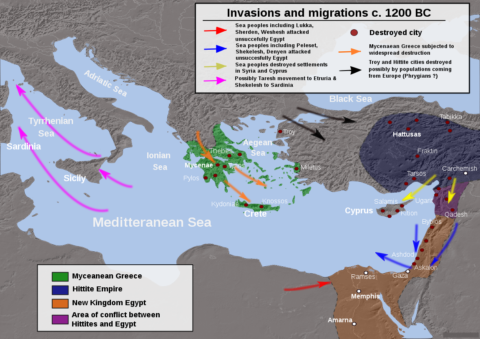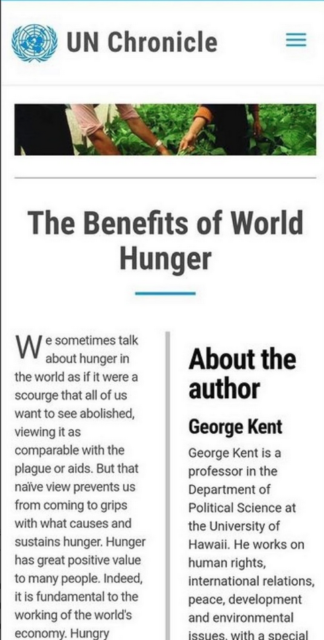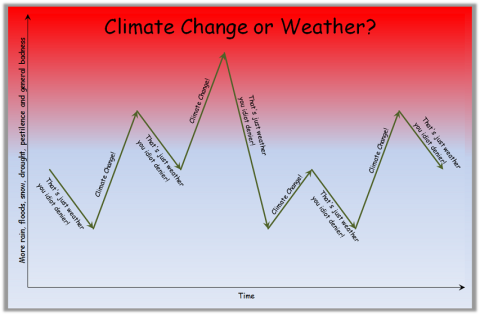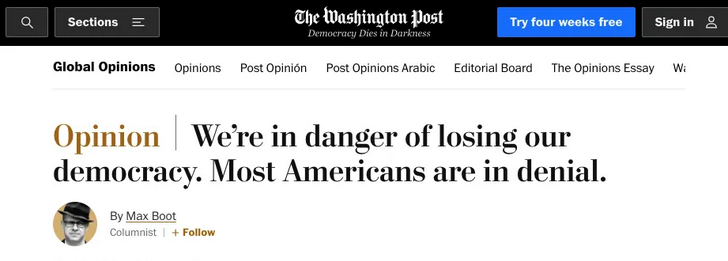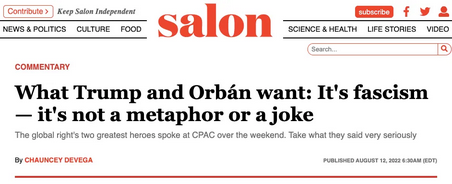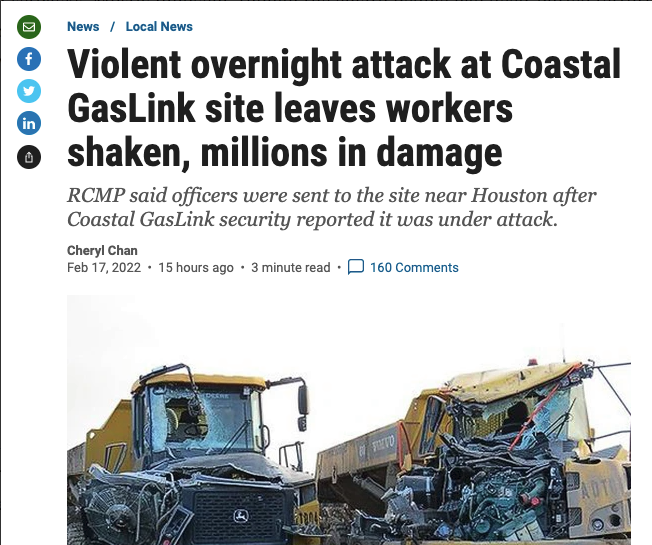In The Critic, Sebastian Milbank looks at the young vandals, er “activists” who decided that throwing soup on a famous painting was a totally sensible and reasonable thing to do in order to direct our attention to their luxury beliefs:
On Friday Phoebe Plummer, a 21-year-old graduate student and activist, threw a tin of soup over a Van Gogh painting in the National Gallery, before proceeding to glue herself to the wall. “What is worth more, art or life?” she shouted in a manner reminiscent of an especially tiresome student at the Oxford Union. Whilst Phoebe didn’t exactly make it to Oxford, she was the beneficiary of a £15,000 a year boarding school education. Having rich parents probably helps if your lifestyle involves dying your hair pink, covering yourself in glitter and getting glued to a succession of defaced public monuments. The legal fees alone must be a headache.
That said, perhaps the organisation she cheerfully acts in the name of — Just Stop Oil — can foot the bills. After all, it’s a registered charity funded by the US-based organisation The Climate Emergency Fund. The Fund boasts on its website that “We provide a safe and legal means for donors to support disruptive protest that wakes up the public and puts intense pressure on lawmakers”, not to mention “Our robust legal team”. The charity comes with endorsements by high profile organisations such as fashion magazine Marie Claire and the backing of donors like the group’s co-founder, oil heiress Aileen Getty who is quoted as saying, “Don’t we have responsibility to take every means to protect the Earth”.
I can think of other organisations that provide “A safe harbour for donors” and put “intense pressure on lawmakers”, not to mention having “robust legal teams” — though they generally feature rather more Italian accents and bodies dumped in the river, and rather fewer celebrity endorsements (Frank Sinatra could not be reached for comment).
The Just Stop Oil organisation itself is even more explicit about its willingness to countenance potentially illegal means. In its FAQ section it calls for people to “use tactics such as strikes, boycotts, mass protests and disruption to withdraw their cooperation from the state”, and announces that they “are willing to take part in Nonviolent direct action targeting the UK’s oil and gas infrastructure should the Government fail to meet our demand by 14 March 2022”. Well the date has past. “Will there be arrests?” the next section asks. The answer? “Probably”.
Quite why organisations that openly fund illegal — sorry “disruptive” — protest, and hire teams of lawyers to avoid the legal consequences, are allowed to enjoy charitable status, let alone avoid investigation by the authorities, is beyond me. Nor is it clear to me how attacks on works of art, or stopping traffic in the road, can attract support for environmental causes, or challenge those who profit from ecological destruction.
The answer lies with the nature of the radical environmental movement, which is often starkly at odds with many of the finest traditions of ecological and anti-industrial thought. Early critics of industrial capitalism like Ruskin and Morris were as concerned with the protection of traditional culture as they were with the destruction of the natural world. Their humanist challenge to industrialism was to call for the return of craft, the embrace of localism, a built environment on a human scale, and an economy that fed the spiritual as well as material needs of mankind.
Theodore Dalrymple on the mindset of the perps:
Youth is often said to be an age of idealism, but if my recollection of my own youth is accurate, it could also be characterized as an age of self-righteousness liberally dosed with hypocrisy, at least when it has known no real hardship that isn’t of its own making.
The two girls who threw a tin of soup at a Van Gogh in the National Gallery in London and then glued themselves to the wall certainly evinced a humorless self-righteousness and self-importance: indeed, they seemed almost to secrete it as a physiological product. They were part of a movement of dogmatic and indoctrinated young people called Just Stop Oil that’s currently making a public nuisance of itself in this fashion in Britain, holding up traffic and causing misery to thousands, in what it believes to be the best of all good causes, saving the planet.
[…]
Youth suffers from both fevered over-imagination and a complete absence of imagination. This is the natural consequence of a lack of experience of life, in which limited experience is taken as the total of all possible human experience. Youth accepts uncritically its own wildest projections and doesn’t know the limitations of its own knowledge. It believes itself endowed with moral purity and allows for no ambiguity, let alone tragic choice. It’s sure of itself.
The young women who threw soup at the Van Gogh probably didn’t know that, even if the man-made climate change hypothesis were wholly correct, they lived in a country that produced about 1 to 2 percent of the alleged greenhouse gases in the world, so that even if their action put a complete end to that contribution (a most unlikely outcome) it would make absolutely no difference whatever to the fate of the planet. Their action certainly caused the public irritation and expense, and its most likely long-term outcome is a costly increase in surveillance and security at the gallery because the two of them were able to do what they did with such ease.
However, they were probably dimly aware, or had the good sense to know, that it would have been inadvisable for them to make their gesture in some country responsible for a far greater proportion of the alleged causation of climate change than their own—China, for example. Cowardice, after all, is the better part of self-righteousness.



